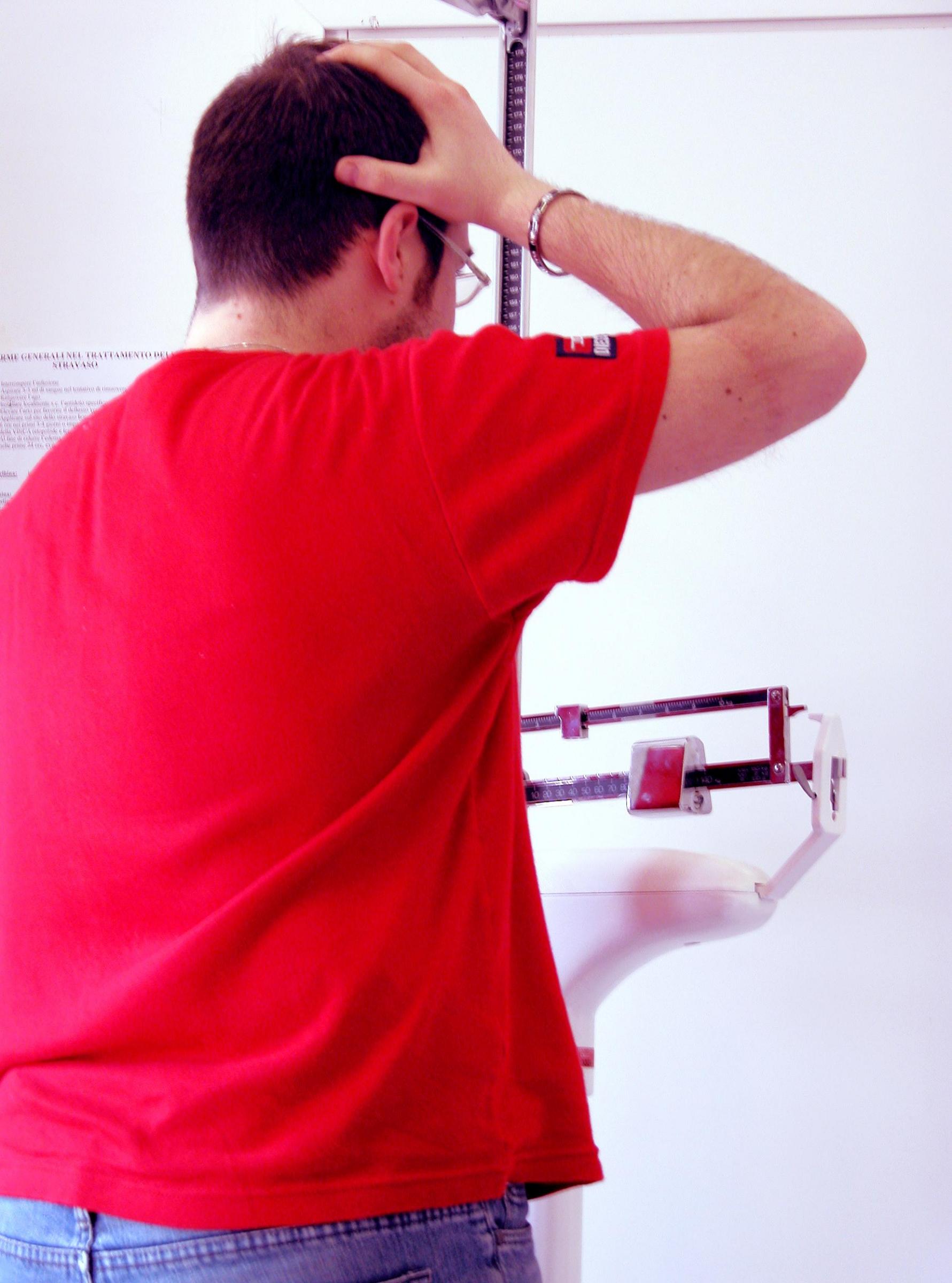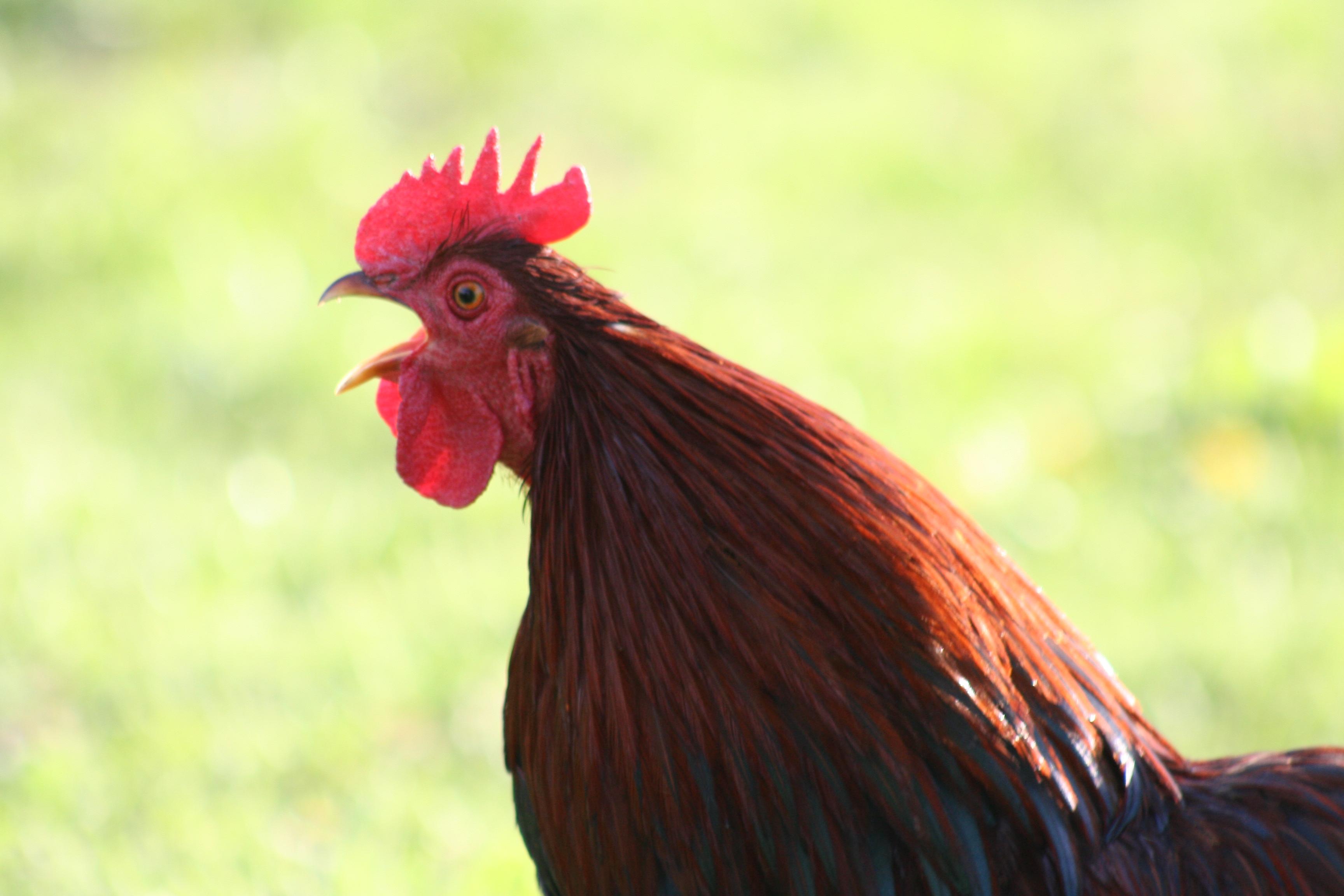Blog Categories
Recent Posts
- Home
- Eating Beyond Organic: The whole foods and Paleo diets and your health
Eating Beyond Organic: The whole foods and Paleo diets and your health
Posted by on

Trying to eat healthy and live well can be a challenge, but lucky for many of us, organic has gone mainstream. One of the first lessons most health-conscious consumers learn is that organic is better – it exposes you to fewer pesticides, and may offer nutritional benefits, too. But eating an organic diet is just the first step towards better health. In this post, we’re going to see why whole foods and Paleo dieters often say that organic is not enough. It’s time to start eating beyond organic.
What Does Organic Mean?
Organic has a lot of meanings. At the start of the organic food movement, it meant a food source you could trust was free of pesticides, generally produced in an ethical fashion, and one that didn’t contain GMO foods. Organic meant safe, and as close to what nature made as possible.
Today, organic means almost anything. In the US, it’s a $30 billion industry, and holds a steadily-growing share of the domestic food marketplace. Organic, to some people, means money.
“Organic” foods now contain a long list of 250 allowed chemicals, including inositol and carrageenan. They’ve been almost entirely co-opted by large processed food companies, and advocacy groups like the Cornucopia Institute have watched the organic standards morph with anxiety. At one point, an herbicide was almost voted into the list of approved chemicals.
Organic food is NOT as safe as you think. You need to go beyond organic foods. Understand what’s on your plate, and how it impacts your health.
There aren’t many ways to make sure that chemicals, pesticides, GMOs, and other nasty items don’t make it into your family’s food – even if you buy organic. Some of the most reliable are also the most simple. In my case, I’ve found that by making a lot of things from scratch (butter, jam, cheese, you name it), I know what is going into my food and why. It turns out that I’m not alone. Many Paleo dieters prefer to make food from scratch, but even many people who don’t eat Paleo DO eat a whole foods diet.
What is the Paleo Diet, and What is a Whole Foods Diet?
We’re looking at ways to go beyond organic foods in this article, and two of the best ways I know of are the Paleo diet and the whole foods diet. I’m not going to go into too much detail here (there are books on these diets!), but let’s cover the principles of each.
Due to all the media hubbub about the Paleo diet, I’m fairly certain you know what it is. The basics are simple. Limit grains and legumes, cut out as much sugar as possible, eat whole foods and fermented foods, eat meats that are grass-fed and poultry that’s free-range, and cook with lard, tallow, ghee, and butter – not unhealthy cooking oils. In short, eat like Grog the cave man.
The whole foods diet is a little different, but only in certain areas. Like the Paleo diet, the whole foods diet includes lots of unprocessed fruits and vegetables, although minimal processing (like fermentation) is allowed for both Paleo and whole foods diets. As a result of their whole form, whole foods retain their fiber content and nutritional value – something Paleo and whole foods dieters agree on.

Unlike the saturated fat-friendly Paleo diet, a whole foods diet stresses lean proteins like skinless chicken breast, and is often heavy in legumes. The diet aims to help people eat the way we did “a hundred years ago” according to Elaine Magee’s WebMD article 1.
Both diets aim to help people get back in touch with their food in its original state. The amount and types of fat in both diets are different, but both plans eliminate one major source of nutritional discomfort – processing. Something organic foods are doing more and more of as they become part of Big Food.
‘Frankenfood,’ as some people like to call the engineered foods found on store shelves today, is something most of us will agree is unnatural. The costs of eating a processed food diet are high, too.
How Can Fermented Foods Enrich a Diet?
I’m not here to tell you what diet you should or shouldn’t eat. I will say that processed foods are icky in my book, and I’m fairly certain your doctor would agree (but I’m not a doctor or a nutritionist). Another thing I’m certain of is that probiotics are necessary for gut health. And since my doctor was one of the first ones to suggest eating fermented foods and getting more natural pro and prebiotics into my diet, my guess is that yours will agree with that, too.
As much as I admire the folks who eat a whole foods diet based on fresh veggies and lean proteins, I know that, for me, vegetables in their whole form just aren’t enough. I get sick easily, and need a little more microbial firepower fighting in my favor. Whole, raw fruits and vegetables do contain healthy bacteria like lactobacilli (that’s why you can home ferment vegetables with just a little salt and water if they’re clean and organic), but they don’t pack the powerful probiotic punch of fermented foods.
Fermented foods like kefir, yogurt, raw cheese, kombucha, and fermented vegetables can help restore your gut’s microbiome. That’s something everyone needs – especially because most of us grew up in the era when antibiotics were given out like candy.
Another benefit of fermented foods is the amount of micronutrients they contain. During fermentation, the bacteria and yeast that work together to ferment your fruits and vegetables also produce many healthy substances or make existing ones more readily available for your body to use. That's a big reason to add them to your diet. Skip the vitamin pills - they don't work because your body usually doesn't break them down and put them to work. Opt for some homemade kimchi instead.
Keys to Eating Beyond Organic
Don’t settle for less than the best where your health is concerned. Remember that the human body needs good nutrition to keep it healthy and strong. In addition to aiming for vegetables and fruits that go beyond organic by adhering to good food ethics, not just politics and certification regulations, try to do the following:
- Eat locally grown. This isn’t just
about an environmental stance – it’s about health. Fruits and vegetables that
cross international borders are often sprayed with pesticides, and
transported by car, truck, or plane for days before reaching their
destination. You’re exposed to more junk, and at the same time, you get
fewer nutrients (they start to break down immediately after picking, and the
process is pretty quick). Proteins grown in other states may be frozen for
weeks, months, or even years before you buy them. I like a well-aged
porterhouse, but not one that’s been in the deep freeze for 3 years…
If you can’t buy locally, source from someone you trust. There are numerous places to find high-quality whole and fermented foods that can help you live a healthier life.
- Buy humanely raised meat and poultry. Factory farms crowd their stock, and as much as some chicken farmers in WI claim it saves them money on heating in winter, it’s also an unsafe practice that cuts the amount of healthy omega-3 fats in your beef, chicken, turkey, and other proteins. Grass-fed and free-range foods are more nutrient dense, and the animals have a better life, too.
- Use sprouted grains and flours. Easier to digest and offering more bioavailable nutrients, these are a no-brainer. You can make them at home, or check out the selection Wise Choice Market offers. Some people with gluten sensitivity can actually eat sprouted grains and sprouted grain flours, too (even the wheat ones!).
- Avoid processed foods. This is fairly self-explanatory.
- Eat nutrient-dense foods. No need to explain this one, either.
- Make sure your food is free of additives or preservatives . There are natural ways to cure and store food for long periods of time. Use them. Skip the sodium benzoate, MSG, and other junk that gets thrown in to keep food ‘looking good’ for weeks.
- Take the time to DIY. It might cost you a few Saturdays, but making healthy foods from scratch and fermenting what you need is a smart choice if you don’t have any local suppliers you can rely on. Look for a good set of starter cultures, and remember not to grow more than one culture in each room.
Passionate about your food? Learn more here:
The following articles discuss some of the research surrounding whole foods and Paleo diets, as well as the need for a cleaner way of eating, free of processed foods. If neither the Paleo diet nor the whole foods diet appeal to you, check out three more options in this article .
Your health and nutrition are important. I’d like to see you make smart dietary choices…the information is here. Take advantage of it.
- http://www.foodrenegade.com/organic-is-not-enough/
- http://www.nytimes.com/2012/07/08/business/organic-food-purists-worry-about-big-companies-influence.html?pagewanted=1&_r=0
- http://www.webmd.com/food-recipes/features/the-whole-foods-diet
- http://www.ncbi.nlm.nih.gov/pmc/articles/PMC2787021/
- http://www.ncbi.nlm.nih.gov/pubmed/22642064
- http://thepaleodiet.com/research/
- http://www.ncbi.nlm.nih.gov/pubmed/12612170
- http://www.ncbi.nlm.nih.gov/pmc/articles/PMC2897733/
- http://www.ncbi.nlm.nih.gov/pmc/articles/PMC1627610/
- http://www.ncbi.nlm.nih.gov/pmc/articles/PMC2801825/
- http://www.mdpi.com/2072-6643/7/1/153/htm
Image Credits: Sgarton and clarita on morgueFile
References:
1. http://www.webmd.com/food-recipes/features/the-whole-foods-diet
Information provided in this communication is not designed to and does not provide medical advice, professional diagnosis, opinion, treatment or services to you or to any other individual. This is general information for educational purposes only. The information provided is not a substitute for medical or professional care, and you should not use the information in place of a visit, call consultation or the advice of your physician or other healthcare provider. Wise Choice Marketing Inc is not liable or responsible for any advice, course of treatment, diagnosis or any other information, services or product you obtain through Wise Choice Marketing Inc.



 Loading... Please wait...
Loading... Please wait...












